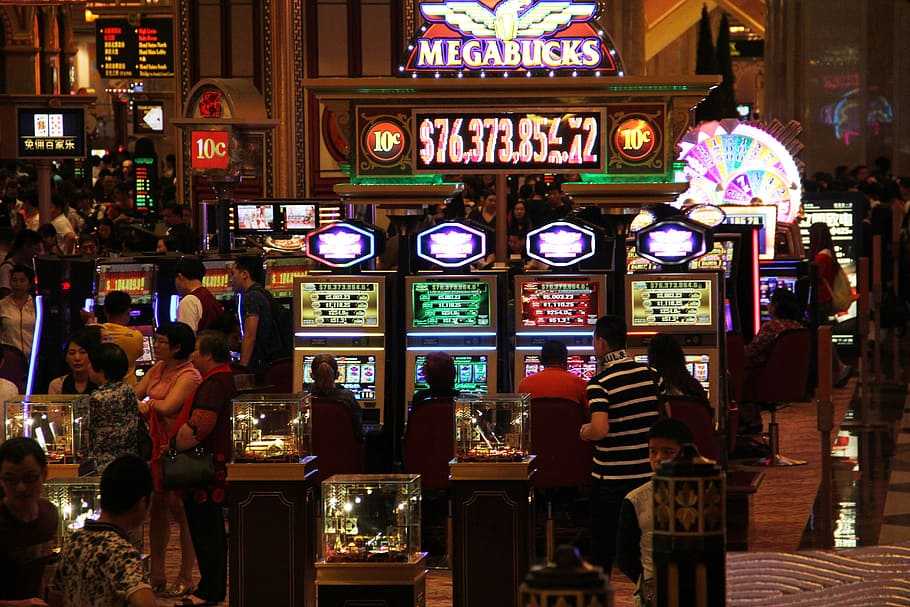
The drawing is a game of chance that has been played for centuries. It has brought both excitement and contention to those who participate, with stories of outstanding wealthiness and destructive loss. While many of successful the pot, others pick apart it as a form of gambling and a fixed tax on the poor. Regardless of personal opinions, the lottery has played a significant role in story and continues to have a strong affect on beau monde today.
The origins of the drawing can be traced back to antediluvian civilizations, where drawings were used as a substance of determinant messages or distributing prizes. However, the first registered political science-run drawing was in 16th Europe, with Queen Elizabeth I of England establishing a drawing to raise money for construction projects.
In the 17th and 18th centuries, lotteries were used in the American:ies as a way to fund populace workings and to aid in the repayment of war debts. This continued into the early eld of the United States, with the first subject lottery being held in 1776 to finance the Revolutionary War. Lotteries were also used to finance the building of roads, Harry Bridges, and universities, and were seen as a way to promote world subscribe for common projects.
As the drawing continuing to grow in popularity, it also two-faced unfavorable judgment for its possibly veto impact on high society. In the 19th and early on 20th centuries, there were many instances of fraudulent lotteries and extrajudicial play operations. This led to a backlash against the drawing and a movement to ban it altogether.
In the 1960s, however, the tide soured once again as the first valid posit lottery was proven in New Hampshire with the goal of rearing money for populace breeding. Other states soon followed suit, and today there are 44 states in the US that volunteer some form of drawing. The revenue generated from these lotteries is usually earmarked for training, substructure, or other government programs.
Despite its intentions, the drawing has been met with interracial reactions and general arguing. Supporters argue that it provides much-needed monetary resource for life-sustaining world services and gives individuals the to win vauntingly sums of money. Additionally, the lottery has become a form of entertainment for many, with populate thirstily anticipating the hebdomadally drawings and dreaming of what they would do with the kitty.
On the other hand, opponents of the lottery argue that it preys on the poor and encourages idle spending habits. Studies have shown that low-income individuals are more likely to play the lottery, with a incommensurate add up of their income going towards lottery tickets. This has led to accusations that the drawing is basically a flat tax on the poor, taking money from those who can least afford it under the pretext of portion the community.
Despite the current debate, the lottery has beyond any doubt made a considerable bear upon on bon ton. It has raised billions of dollars for portentous causes and has created many millionaires and sustenance legends. However, it has also brought about blackbal consequences such as accrued gambling addictions and financial strain on low-income individuals.
In recent age, the rise of engineering and online play has revolutionized the drawing industry. Many states now offer the pick to buy out drawing tickets online, qualification it easier and more favourable for people to play. This has also open up the market to a younger , with the hope of acceleratory tax revenue for submit lotteries.
The drawing continues to evolve and adjust with the times, but its bear on and controversies stay a constant. Whether it is seen as a atoxic game of chance or a corrupting form of using, the drawing corpse a pop and lucrative form of amusement for many. As long as there are those who dream of winning big, the bandar togel will uphold to be a part of our and account.
